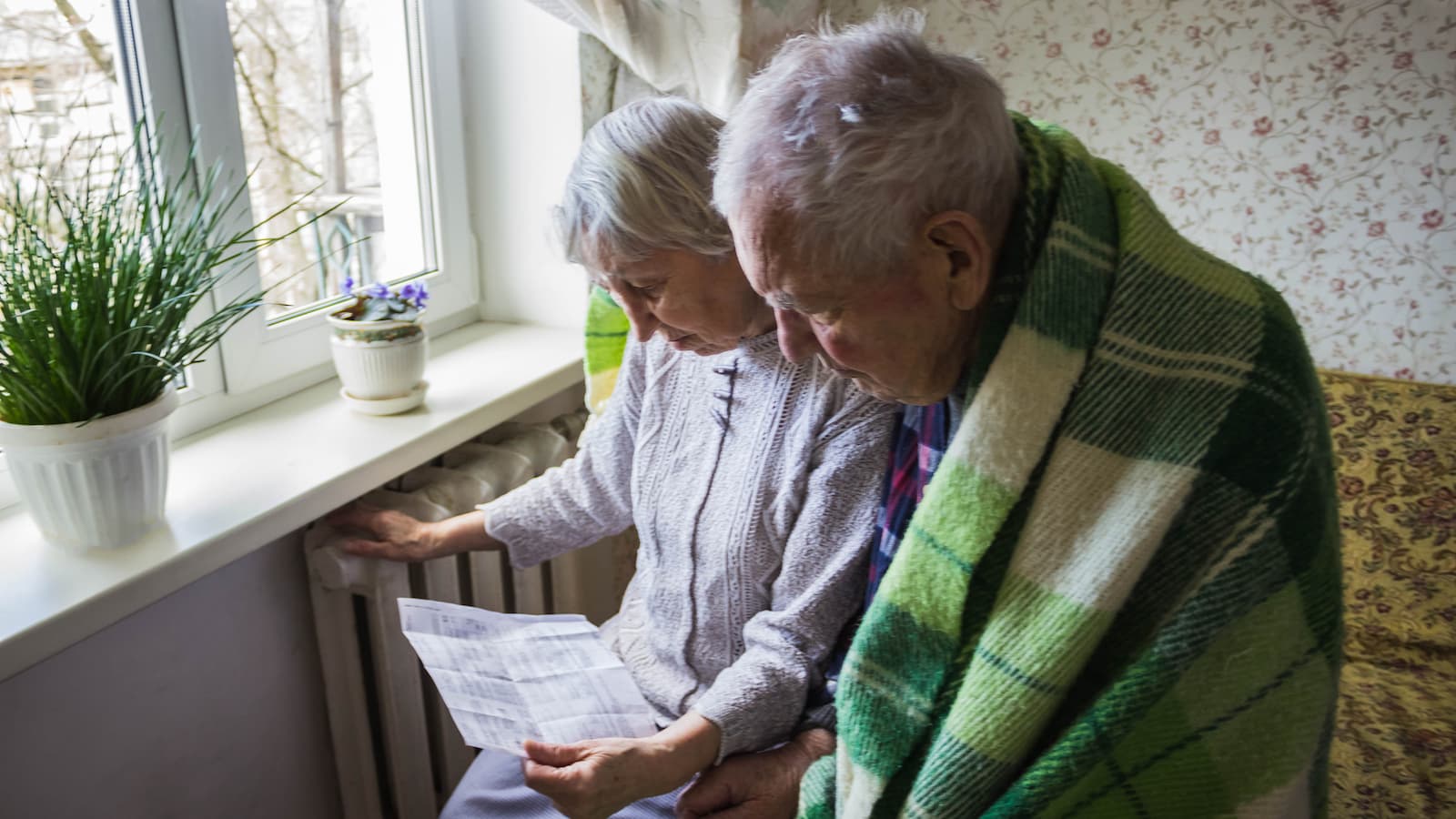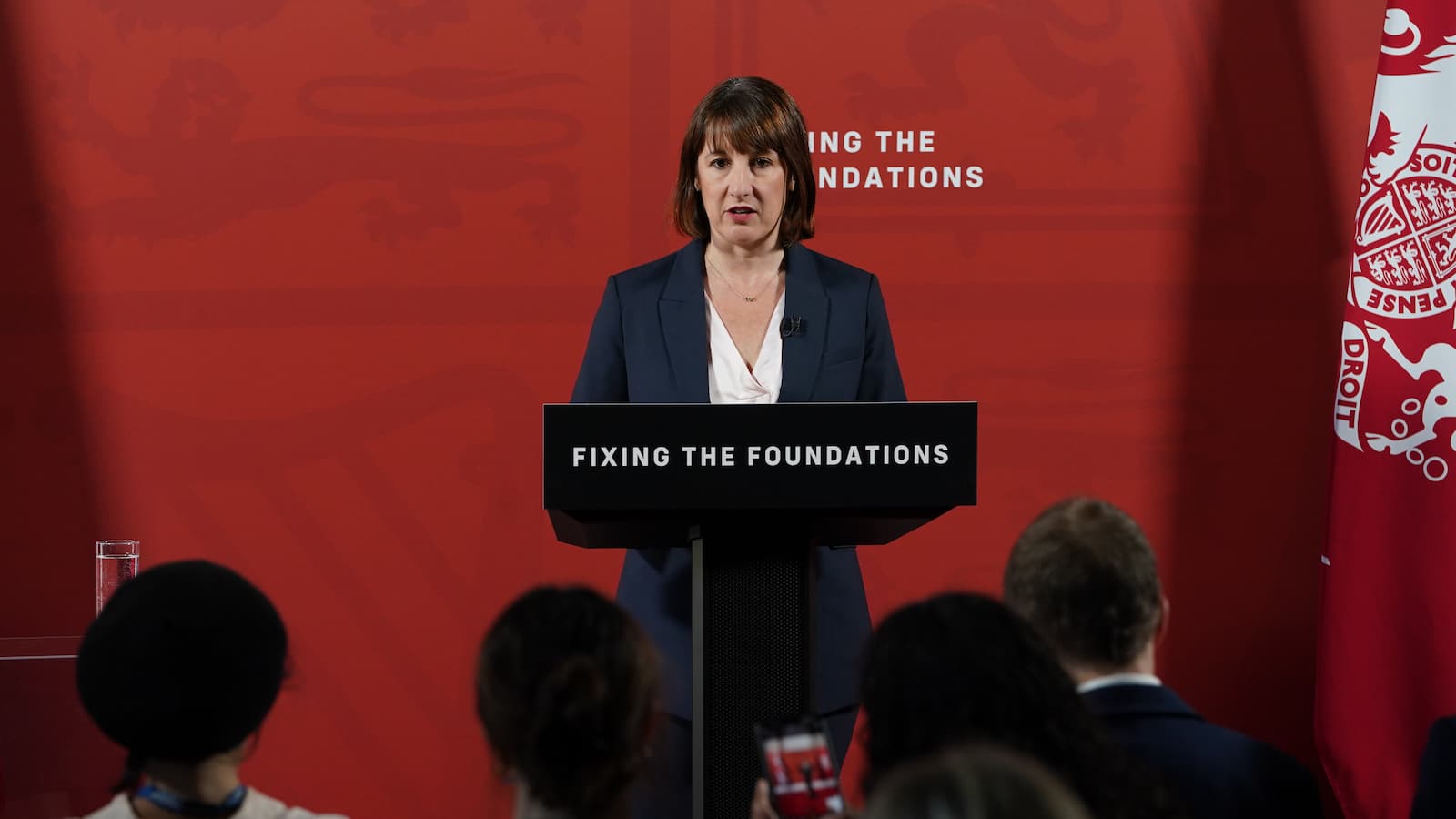What is the Winter Fuel Payment and who now qualifies for it?
Winter Fuel Payments have been cut for millions of pensioners, but this guide reveals who will still qualify for the benefit

The Winter Fuel Payment has been cut for millions of pensioners with the benefit now only available to the most vulnerable.
The Government benefit, which provides a one-time payment of up to £300, is meant to help combat energy price rises.
However, this will now only be available to those receiving certain benefits after the Government claimed it needed to make cuts to make up for a £22 billion "black hole" in public finances.
In this article, we'll break down what the Winter Fuel Payment is, who can claim it and what you need to know for the upcoming winter season.
Winter Fuel Payment could provide a £200-£300 one-off payment
The Winter Fuel Payment is a government benefit designed to help older people with the cost of heating their homes during the colder months.
You could receive a one-time payment of between £200 and £300 to help with heating bills for winter 2024-2025 through the Winter Fuel Payment.
The amount you receive depends on your age, household situation and whether you receive certain benefits.
The payment is typically made automatically between November and December, so eligible recipients don’t usually need to apply, and you will be informed in October or November if you are eligible for the payment.
Who is eligible for Winter Fuel Payments?
To qualify for Winter Fuel Payments, you must have been born before 23 September 1958 and reside in England or Wales.
However, recent changes by the Labour government have now removed these payments for millions of pensioners.
The potential changes could mean you must receive one of the following benefits to qualify for the payment:
- Pension Credit
- Universal Credit
- Income-related Employment and Support Allowance (ESA)
- Income-based Jobseeker’s Allowance (JSA)
- Income Support
Why has Labour cut Winter Fuel Payments for pensioners?
Labour announced in July that they were cutting Winter Fuel Payments for pensioners, meaning only the most vulnerable would be covered.
Chancellor Rachel Reeves announced the cut as part of efforts to address a £22 billion "black hole" in public finances.
The decision sparked criticism, particularly as the Energy Price Cap is predicted to rise by 9% from October 1st, potentially leaving many pensioners struggling to afford heating.
Critics, such as Martin Lewis, founder of MoneySavingExpert.com, argued that the new eligibility criteria targets too narrow a group, focusing on those receiving benefits and Pension Credit, potentially leaving out individuals just above the eligibility threshold.
The motion to cut Winter Fuel Payments passed in the House of Commons on September 10 with a majority of 120 (348 'Yes' to 228 'No' votes).

Decision means 'many more will fall into poverty this year'
As the result of the vote was called out in the House of Commons to cut Winter Fuel Payments cries of "shame" could be heard in the chamber.
Conservative Leader Rishi Sunak criticised the decision saying Prime Minister Sir Keir Starmer "has chosen to take the winter fuel allowance away from low-income pensioners and give that money to certain unionised workforces in inflation-busting pay rises."
However, Starmer also faced criticism from within his own party with Jon Trickett, Labour MP for Hemsworth in West Yorkshire, voting against the decision and later stating on X: "This winter will be extremely difficult for my consituents of all ages.
"I fear that removing the payment from pensioners will mean that many more will fall into poverty this winter.
"I could not in good conscience vote to make my consituents poorer."
My comment on the winter fuel payment vote 👇 pic.twitter.com/lq5yD5hDUuSeptember 10, 2024
Get the Homebuilding & Renovating Newsletter
Bring your dream home to life with expert advice, how to guides and design inspiration. Sign up for our newsletter and get two free tickets to a Homebuilding & Renovating Show near you.

News Editor Joseph has previously written for Today’s Media and Chambers & Partners, focusing on news for conveyancers and industry professionals. Joseph has just started his own self build project, building his own home on his family’s farm with planning permission for a timber frame, three-bedroom house in a one-acre field. The foundation work has already begun and he hopes to have the home built in the next year. Prior to this he renovated his family's home as well as doing several DIY projects, including installing a shower, building sheds, and livestock fences and shelters for the farm’s animals. Outside of homebuilding, Joseph loves rugby and has written for Rugby World, the world’s largest rugby magazine.
